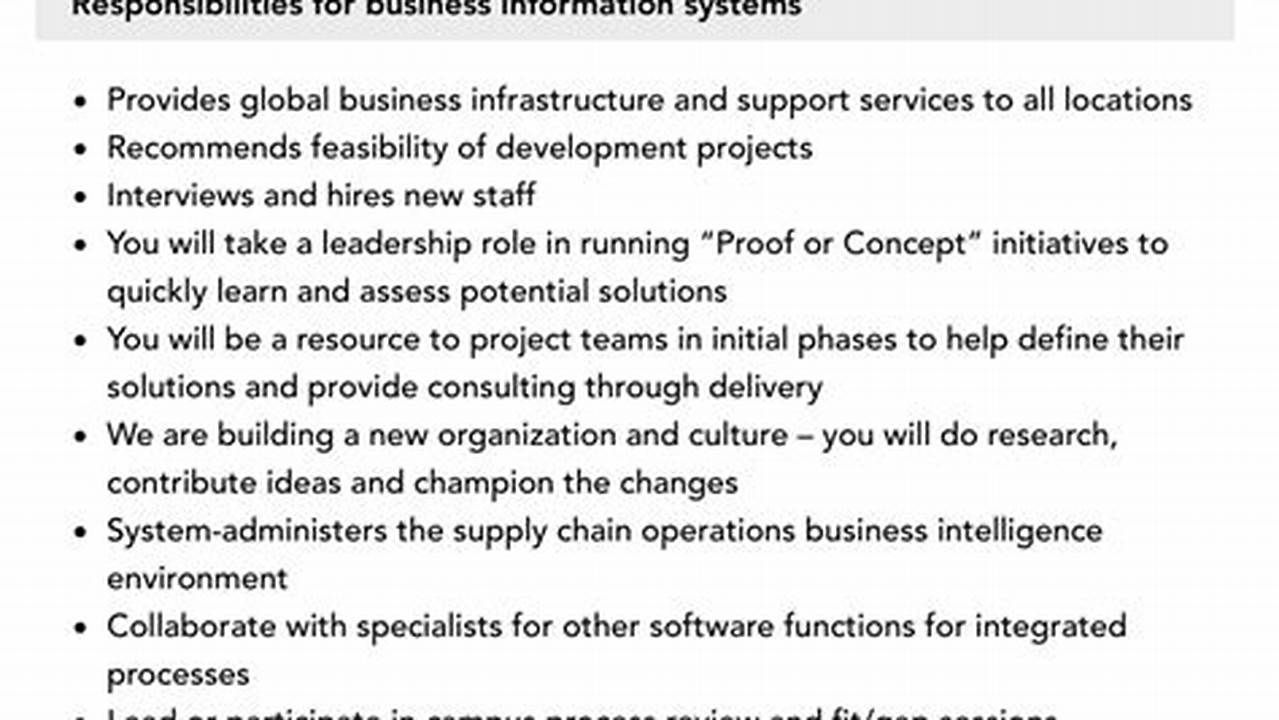Understanding the career path of a Content Management System (CMS) specialist requires a thorough examination of the typical work involved, the essential skills needed, the potential compensation, and the associated responsibilities. This knowledge empowers both job seekers and employers to navigate the CMS landscape effectively.
Typical Work
Daily tasks often involve content creation, editing, and publishing, utilizing the specific CMS platform. Troubleshooting website issues, optimizing content for search engines, and collaborating with other teams are also common.
Essential Skills
Proficiency in various CMS platforms (e.g., WordPress, Drupal, Joomla) is crucial. Strong writing and editing skills, along with basic HTML and CSS knowledge, are highly valued. SEO and digital marketing expertise are increasingly important.
Compensation Expectations
Salaries vary based on experience, location, and company size. Entry-level positions typically offer competitive starting salaries, with significant potential for growth based on performance and acquired skills.
Responsibilities
Managing website content, ensuring accuracy and consistency, and adhering to brand guidelines are core responsibilities. Collaborating with marketing and development teams to implement content strategies is also expected.
Career Advancement
With experience, CMS specialists can progress to senior roles, such as Content Strategist or Digital Marketing Manager, overseeing content strategy and leading teams.
Industry Demand
The increasing reliance on digital platforms fuels a continuous demand for skilled CMS professionals across various industries.
Training and Development
Continuous learning is essential in this dynamic field. Staying updated with the latest CMS technologies and digital marketing trends ensures career progression.
Job Satisfaction
The ability to create and manage engaging content, contribute to online visibility, and play a vital role in digital communication often leads to high job satisfaction.
Tips for Success
Tip 1: Master Multiple CMS Platforms: Expand your skillset by gaining proficiency in various leading CMS platforms to increase marketability.
Tip 2: Develop Strong SEO Skills: Understanding search engine optimization is essential for maximizing content visibility and driving organic traffic.
Tip 3: Cultivate Excellent Communication Skills: Effective collaboration with cross-functional teams requires clear and concise communication.
Tip 4: Stay Updated with Industry Trends: The digital landscape is constantly evolving, so continuous learning is crucial for staying ahead of the curve.
Frequently Asked Questions
What educational background is required for CMS roles?
While a formal degree isn’t always mandatory, a background in marketing, communications, or a related field can be beneficial. Relevant certifications and demonstrated experience are highly valued.
How can I gain practical CMS experience?
Building personal websites, contributing to open-source projects, and volunteering for non-profit organizations offer valuable hands-on experience.
What are the typical career paths for CMS professionals?
Career progression can lead to roles like Senior Content Manager, Content Strategist, Digital Marketing Manager, or Web Project Manager.
What is the future outlook for CMS careers?
The demand for CMS specialists is expected to remain strong, driven by the continued growth of online platforms and digital content.
What are some common tools used by CMS specialists?
Besides CMS platforms themselves, specialists often use analytics tools (e.g., Google Analytics), SEO tools (e.g., SEMrush), image editing software, and project management software.
How important is content strategy in CMS roles?
Content strategy is crucial. CMS specialists often work closely with content strategists or may develop content strategies themselves to ensure content aligns with business goals and target audiences.
In conclusion, a career in CMS offers a dynamic and rewarding path for individuals passionate about digital content and online communication. Understanding the key aspects of job descriptions, required skills, salary expectations, and responsibilities provides a solid foundation for success in this evolving field.



